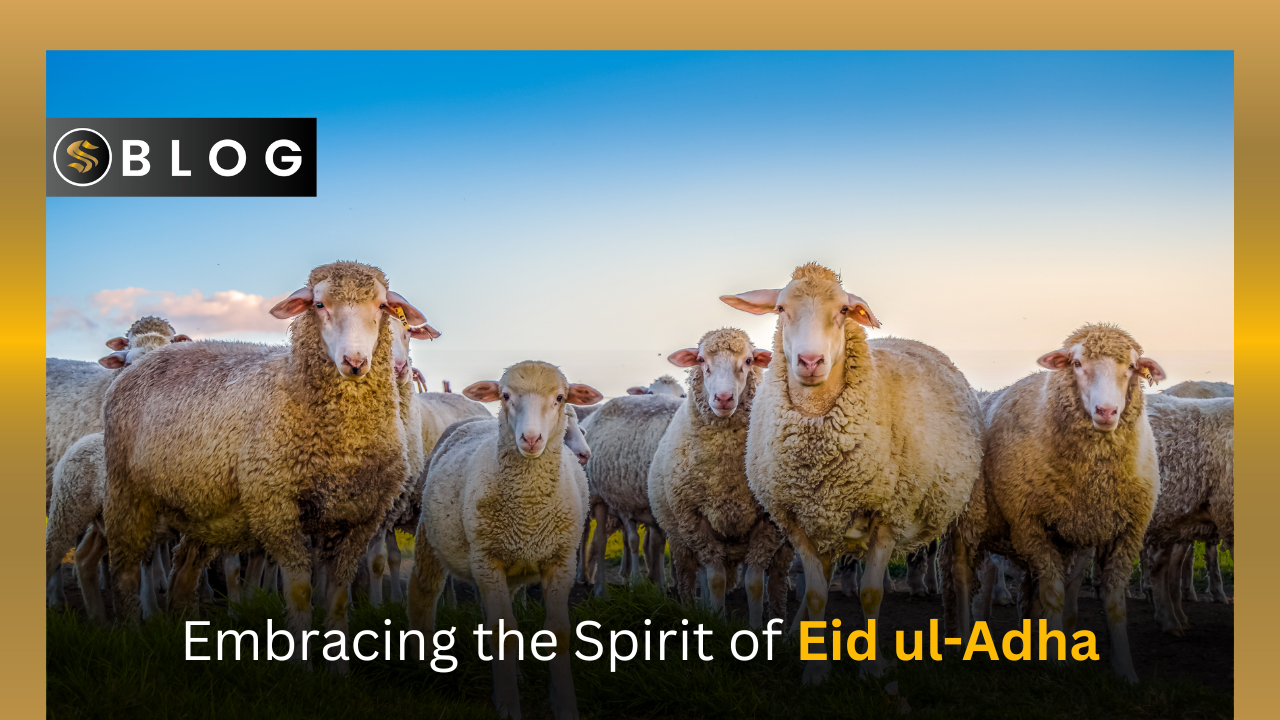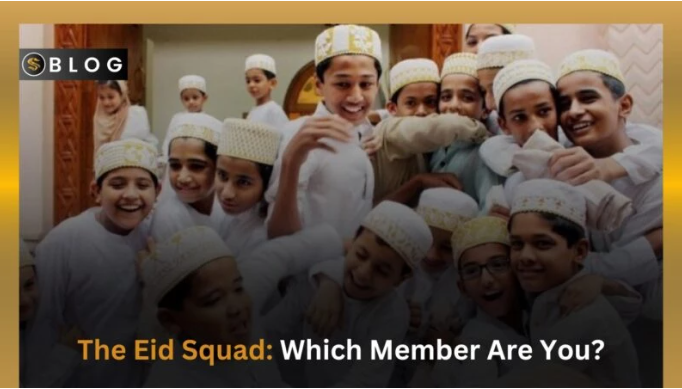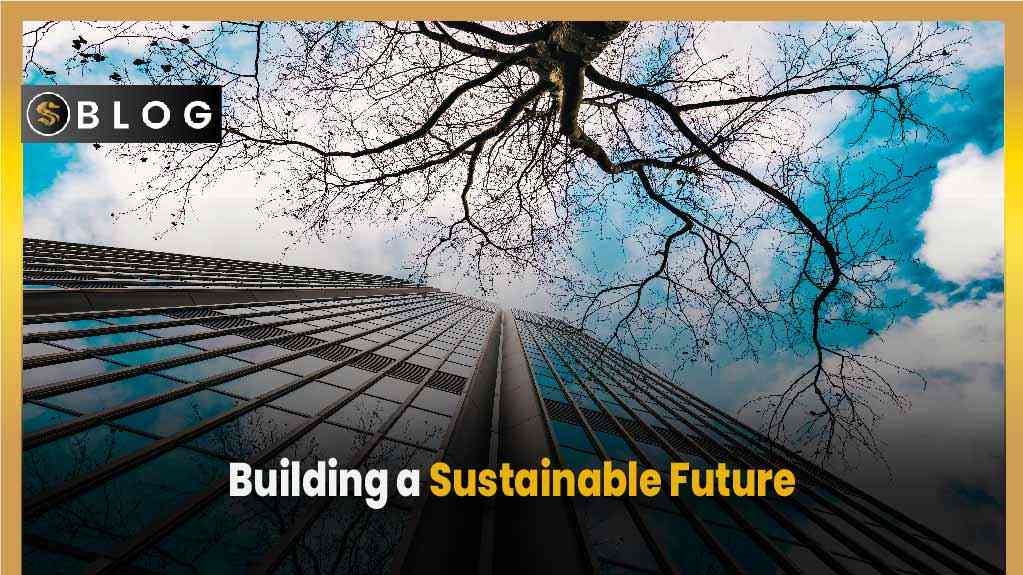
Share This Story, Choose Your Platform!
Eid ul-Adha: A Celebration of Faith, Sacrifice, and Community Bonding
As the Hajj rituals draw to a close, Muslims worldwide are diligently preparing for the joyous festivities of Eid. Saudi Arabia will celebrate this auspicious occasion on the 28th of June, while individuals from South Asian backgrounds will joyfully participate in the celebrations on the 29th of June.
Eid ul-Adha, also known as the Festival of Sacrifice, is one of Muslims’ most significant religious celebrations worldwide. This joyous occasion commemorates the willingness of Prophet Ibrahim (Abraham) to sacrifice his son as an act of obedience to God. In this blog post, we will explore the significance of Eid ul-Adha and understand the cherished traditions that make this festival a time of deep reflection, gratitude, and community bonding.
The Story behind Eid ul-Adha
Eid ul-Adha finds its roots in the inspiring story of Prophet Ibrahim’s unwavering faith. According to Islamic tradition, God commanded Prophet Ibrahim to sacrifice his beloved son, Ismail (Ishmael). Prophet Ibrahim’s readiness to submit to God’s command demonstrated his profound faith and complete trust in divine wisdom. As Prophet Ibrahim prepared to sacrifice his son, God intervened and provided a lamb as a substitute, sparing Ismail’s life. This narrative of faith, sacrifice, and divine mercy lies at the heart of Eid ul-Adha.
You May Also Read
Eid Through Different Eyes: A Lighthearted Look at the Characters of the Day
Rituals and Preparations
Eid ul-Adha begins with special prayers offered in congregational gatherings at mosques or open spaces. Muslims dress in their finest attire, symbolizing the joy and gratitude felt on this auspicious day. Before attending the prayers, it is customary to perform ritual ablutions and recite the Takbeer, proclaiming the greatness of God. Families also share a pre-dawn communal meal, known as Suhoor, to prepare themselves physically and spiritually for the day.
The Sacrificial Act
The central ritual of Eid ul-Adha is the sacrifice, known as Qurbani, which recalls Prophet Ibrahim’s act of obedience. Muslims who can afford it offer an animal, typically a goat, sheep, cow, or camel, as a sacrifice. The meat from the sacrificed animal is divided into three parts: one-third is kept for the family, one-third is shared with relatives and friends, and one-third is distributed to those in need. This distribution emphasizes the values of charity, compassion, and generosity, reinforcing the sense of community and caring for others.
Family and Community Gatherings
Eid ul-Adha is a time for families to come together, reinforcing the bonds of kinship and celebrating the blessings of unity. Relatives and friends gather for festive meals, exchange gifts, and engage in lively conversations. Children eagerly anticipate the exchange of Eidi, small monetary gifts elders give as a gesture of love and blessings. Mosques and community centres organize special events, including feasts and charitable activities, fostering a spirit of communal harmony and shared joy.
Reflection and Gratitude
Beyond its festive spirit, Eid ul-Adha is also a time for introspection and gratitude. Muslims reflect on Prophet Ibrahim’s devotion and willingness to surrender everything for the sake of God. It serves as a reminder to prioritize faith, sacrifice, and selflessness in our lives. Muslims express gratitude for the blessings received and acknowledge the importance of giving back to society, thereby reinforcing the values of empathy and service.
Conclusion
Eid ul-Adha is a cherished occasion that brings Muslims joy, unity, and spiritual enlightenment worldwide. It serves as a reminder of the significance of faith, sacrifice, and the importance of caring for others. The festival’s traditions, such as prayers, sacrificial acts, family gatherings, and acts of charity, provide opportunities for reflection, gratitude, and strengthening community ties. As Muslims celebrate Eid ul-Adha, they embrace the teachings of Prophet Ibrahim and strive to embody the values of devotion, compassion, and generosity throughout the year.
Sapphire Builders & Associates extends warm wishes to Muslims worldwide on the joyous occasion of Eid ul-Adha. We firmly believe that the strength of the Muslim community lies in its unity, and festivals like Eid ul-Adha remind us of the importance of coming together to strengthen our bonds of brotherhood. During this auspicious time, let us also remain mindful of our brothers, who may belong to lower social strata and cannot participate in animal sacrifices. One of the beautiful aspects of Muslim festivals is their emphasis on sharing our happiness with those less fortunate.
Happy Eid ul-Adha once again from Sapphire Builders & Associates family!




